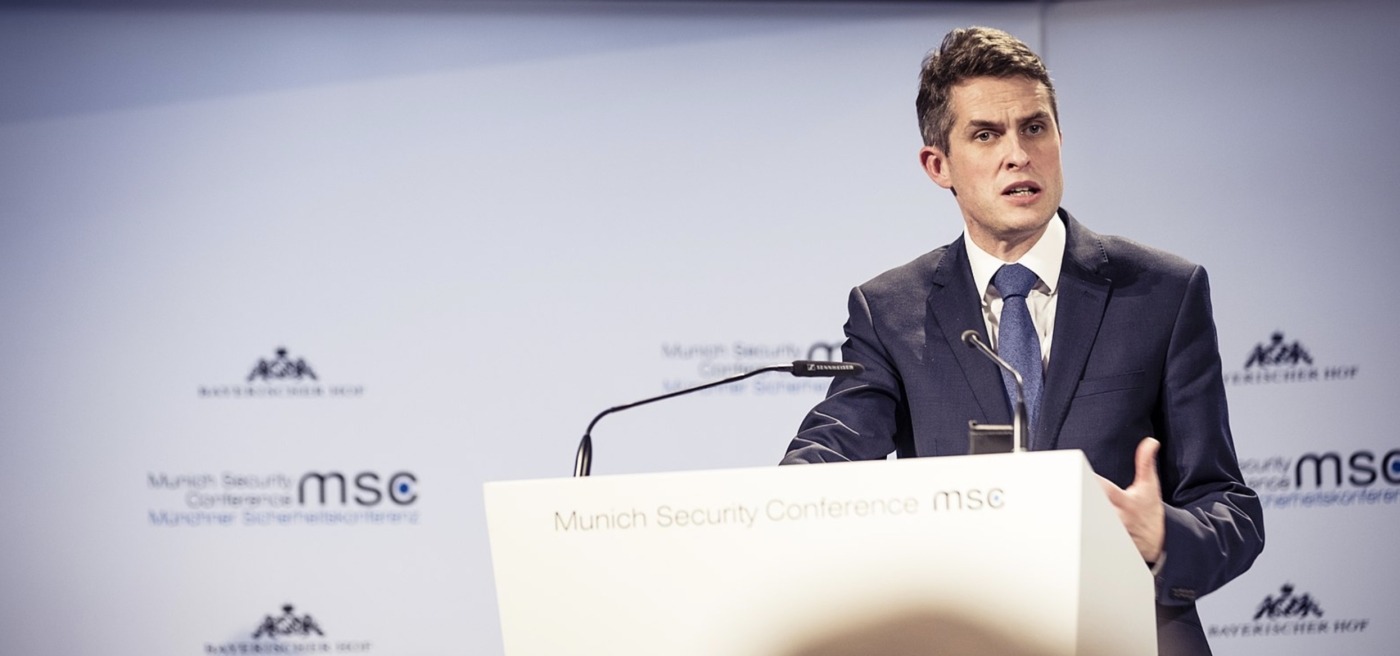Education Secretary sets out plans to abandon Blair’s 50% in higher education target
Education Secretary Gavin Williamson intends to abandon Tony Blair’s 1999 target of getting 50% of young people into higher education.
Thursday’s virtual speech, hosted by policy think-tank the Social Market Foundation, saw Mr Williamson expressing his belief that Blair’s mantra was an “absurd” one.
He suggested that the target had contributed to the “inbuilt snobbishness” that higher education is somehow better than further education.
Blair’s target was formulated as a way to boost social mobility, but Mr Williamson argued that higher education is not always something that the individual or nation needs.
Despite noting the important role that universities play within the economy, Mr Williamson said that “from now on, our mantra must be further education, further education, further education”.
Government plans will be released in the autumn to detail exactly how the proposed employer-led, German-style further education system will be implemented. Mr Williamson hopes it will be “the key” to unlock the country’s potential in the wake of Covid-19 and as we emerge into post-Brexit Britain.
More emphasis will be placed on providing young people with practical skills to directly benefit the economy which Mr Williamson also hopes will stimulate “many of our left-behind towns and regions” and restore the value of those who haven’t chosen to pursue the higher education path.
The “fundamental change” that Mr Williamson proposes is likely to involve an investment in the further education colleges that are the “beating heart” of many towns.
Blair’s target was formulated as a way to boost social mobility, but Mr Williamson argued that higher education is not always something that the individual or nation needs
The Education Secretary hopes this will end the whole notion of “qualifications for qualifications sake”, with him suggesting that universities have failed in many ways to prepare graduates for the workforce, highlighting statistics that suggest around a third of graduates end up in non-graduate jobs.
David Hughes, chief executive of the Association of Colleges, supports Mr Williamson and noted that our current system treats those who did not progress to higher education as “second-class citizens”.
Universities UK have rejected Mr Williamson’s claims that higher education is not practical enough. They have pointed out that university degrees often have a very practical element, with 40% of courses offered by universities having a technical or vocational focus such as nursing.
Dr Jo Grady, general secretary of the University and College Union, has also taken issue with Mr Williamson’s announcement, believing that “cutting the proportion of young people accessing education” should not be part of future plans to reinstate the importance of further education.
Dr Grady also affirmed that the reason the further education sector is struggling as a result of the Conservative government failing to adequately fund it in the last decade.
Vanessa Wilson, head of the University Alliance, called Mr Williamson’s claims “unsubstantiated”. She believed that his endorsement of further education ignores the ambitions of some students who do want to go to university.
This announcement comes after the Institute for Fiscal Studies predicted that the higher education sector may face losses of between £3bn and £19bn next year due to Covid-19.

Comments